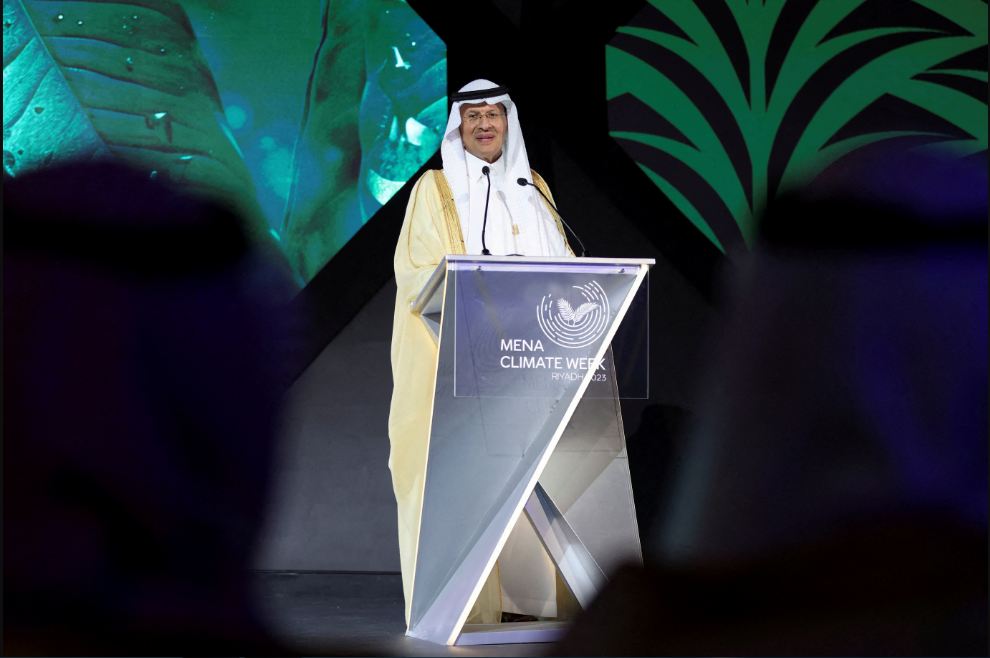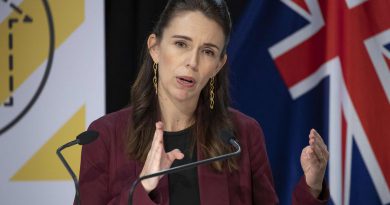Recent oil mega-deals show hydrocarbons are ‘here to stay’ -Saudi energy minister
Riyadh (Reuters) – Saudi Energy Minister Prince Abdulaziz bin Salman said on Tuesday that recent multi-billion dollar acquisitions by U.S. oil majors Exxon Mobil and Chevron of smaller rivals showed that hydrocarbons were “here to stay”.
“Exxon, Chevron didn’t buy because they want to have stranded assets,” he said at Riyadh’s flagship annual Future Investment Initiative (FII) conference, adding that the two acquisitions “could not have come at a better time”.
Chevron (CVX.N) said on Monday it would buy Hess (HES.N) in a $53 billion all-stock deal, less than two weeks after fellow U.S. major Exxon Mobil (XOM.N) said it would buy Pioneer Natural Resources (PXD.N) for $59.5 billion in stock.
The deals have drawn some rebuke from environmentalists who see them undercutting climate goals.
Prince Abdulaziz said that the energy transition will require hydrocarbons including petrochemicals.
The International Energy Agency (IEA) this week said that world fossil fuel demand is set to peak by 2030 as more electric cars hit the road and China’s economy grows more slowly and shifts towards cleaner energy.
The IEA’s view contrasts with the view of oil producer group the Organization of the Petroleum Exporting Countries (OPEC), which sees oil demand rising long after 2030 and calls for trillions in new oil sector investment.
Saudi Arabia, the world’s biggest oil exporter, is investing heavily in increasing its oil production capacity by 1 million barrels per day (bpd) to 13 million bpd by 2027.
“We are investing not to create a stranded asset,” Prince Abdulaziz said. He added that Saudi wouldn’t have invested in raising its capacity if it thought there wouldn’t be demand for the additional production.


